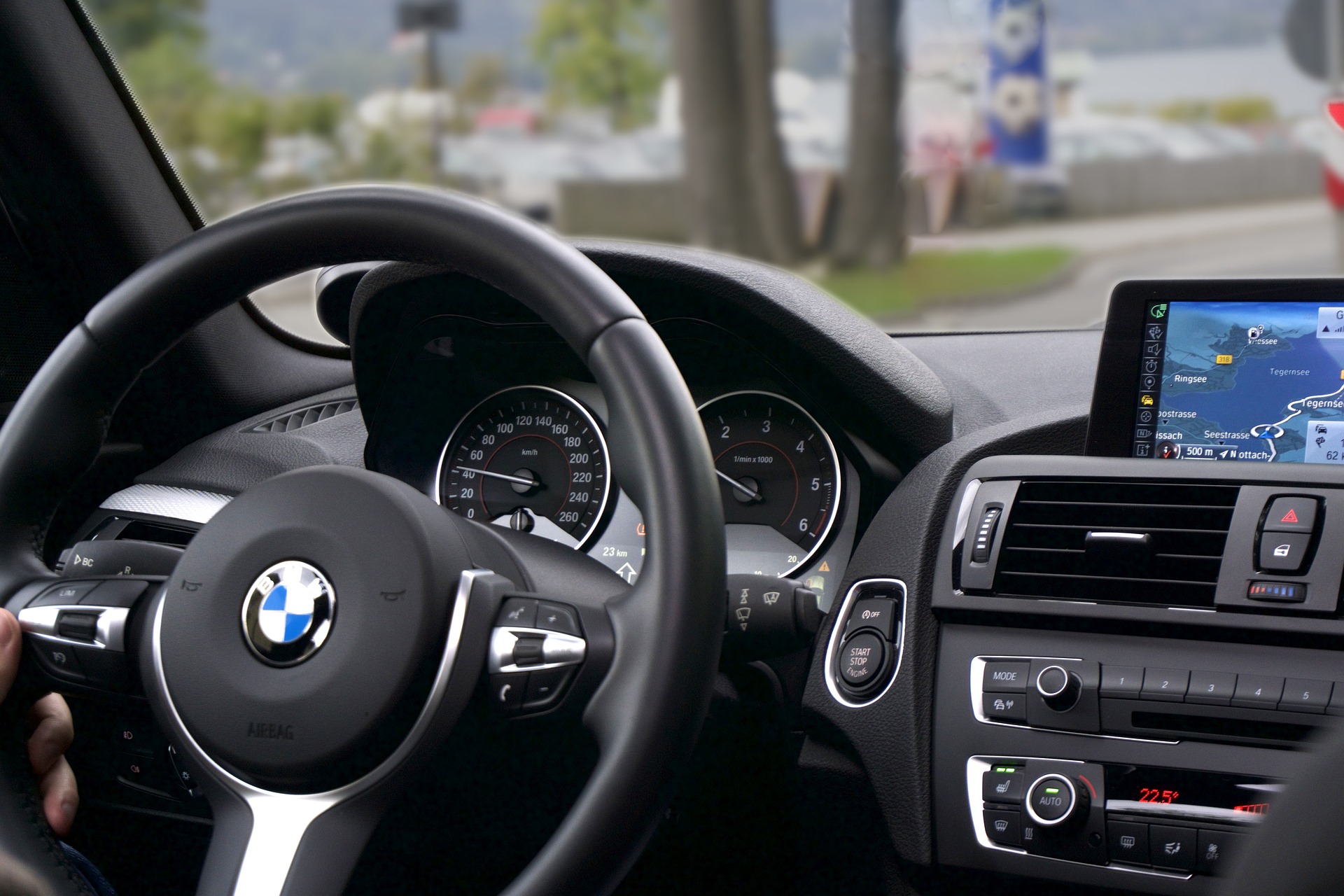Let’s start with the uncomfortable truth: most of the time, your car is not an asset. It’s a depreciating chunk of metal and plastic that slowly siphons money out of your wallet. Insurance, maintenance, fuel, finance payments, taxes—the list is longer than your last road trip playlist. And depreciation? That’s the part where your shiny new ride loses value the minute you drive it off the lot. Brutal.
But here’s where it gets interesting. While most cars are financial black holes, there are exceptions. And in some cases—if you play your cards right—your car can become a money-making tool, maybe even a profitable one. The trick lies in how you use it, what you buy, and what you avoid.
When a Car is Just a Cost
Let’s not sugarcoat it. Most people finance their cars with a loan or lease. They pay thousands in interest, rack up mileage, and never own anything of lasting value. The car drops in value each year, and by the time it’s paid off, it’s worth a fraction of the original price. This is especially true if you’re locked into a bad finance agreement with high interest and hidden charges. If you suspect your car finance deal wasn’t entirely above board, it’s worth looking into Close Brothers PCP Claims or similar cases that have seen people get some of their money back.
When a Car Can Be an Asset
An “asset” doesn’t always mean something appreciated in value. It can also mean something that generates income or saves you more money than it costs. That opens the door to a few creative angles.
Rideshare Income
If you’re using your car for Uber, Bolt, or food delivery services like Deliveroo, it’s not just a car—it’s a tool. One that earns its keep. Yes, wear and tear is real, but so is cash flow. If you’re disciplined about maintenance and taxes, the numbers can add up.
Classic or Collector Cars
Most cars lose value. Some gain it. Think rare classic cars, limited editions, or vehicles with cult status. If you have a good eye and a long-term mindset, investing in the right vintage car can actually net you a return. Think of it as the art market on wheels—but be warned, it’s not beginner-friendly.
Business Write-Offs
If you’re self-employed or run a small business, your car might be a legitimate expense—and a tax-deductible one at that. That doesn’t make it profitable in itself, but it does mean the cost is offset in ways that matter at tax time. That can turn a financial liability into a strategic advantage.
Turo and Peer-to-Peer Rentals
Not driving your car every day? Platforms like Turo let you rent out your vehicle to other people. It’s not passive income (there’s cleaning, scheduling, and risk), but it’s income. Just don’t expect your 2009 hatchback to become a goldmine. High-end and specialty cars tend to do best here.
What to Watch Out For
If you’re aiming to make your car work for you, keep an eye on these pitfalls:
- Insurance loopholes – Using your car for commercial purposes often means you need specific insurance. Don’t skip this.
- Maintenance neglect – The money you make can disappear fast if you’re not maintaining the vehicle properly.
- Overspending on the wrong car – Just because something looks good on Instagram doesn’t mean it’s a smart buy. Know the market. Know your plan.
So, Is Your Car an Asset or a Liability?
That depends entirely on you. If it sits in the driveway, eating up insurance premiums, it’s a liability. But if it’s working, earning, or saving you money—there’s a solid case for calling it an asset, at least in function, if not in accounting terms.
Just don’t fall into the trap of thinking a car will automatically be worth more than it costs. The ones that do usually come with strategy, effort, and a bit of luck.
(Disclaimer: This content is a partnered post. This material is provided as news and general information. It should not be construed as an endorsement of any investment service. The opinions expressed are the personal views and experience of the author, and no recommendation is made.)
